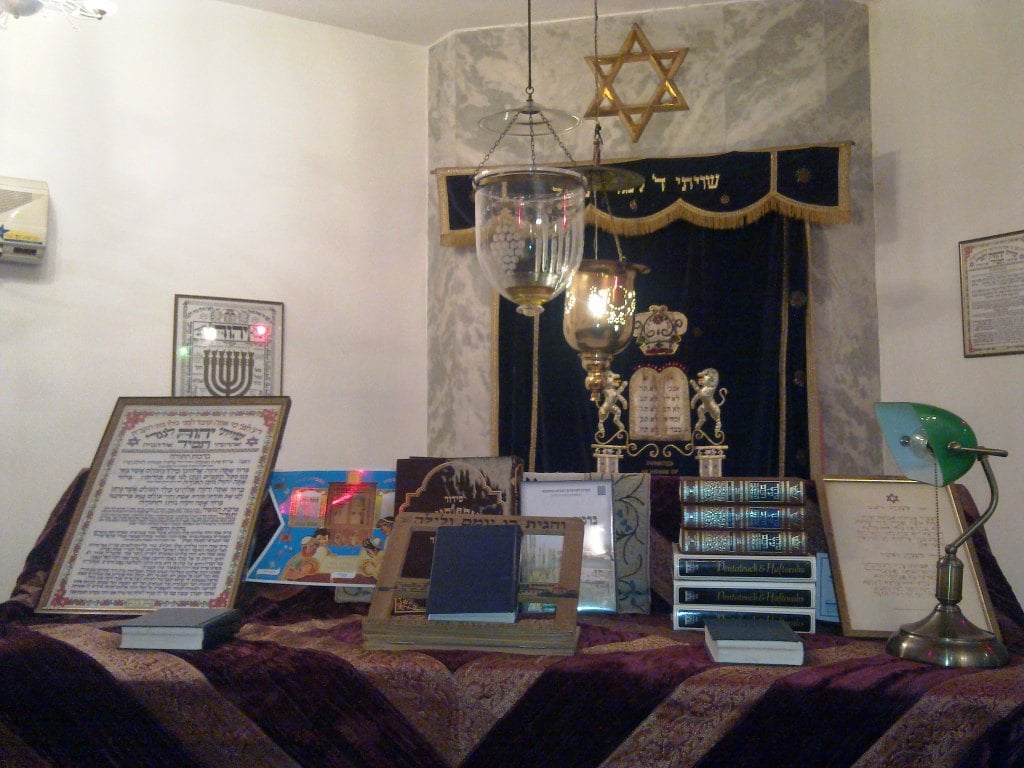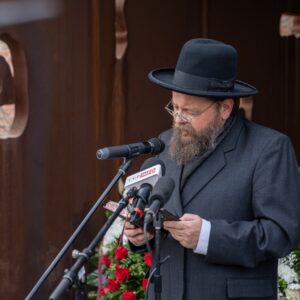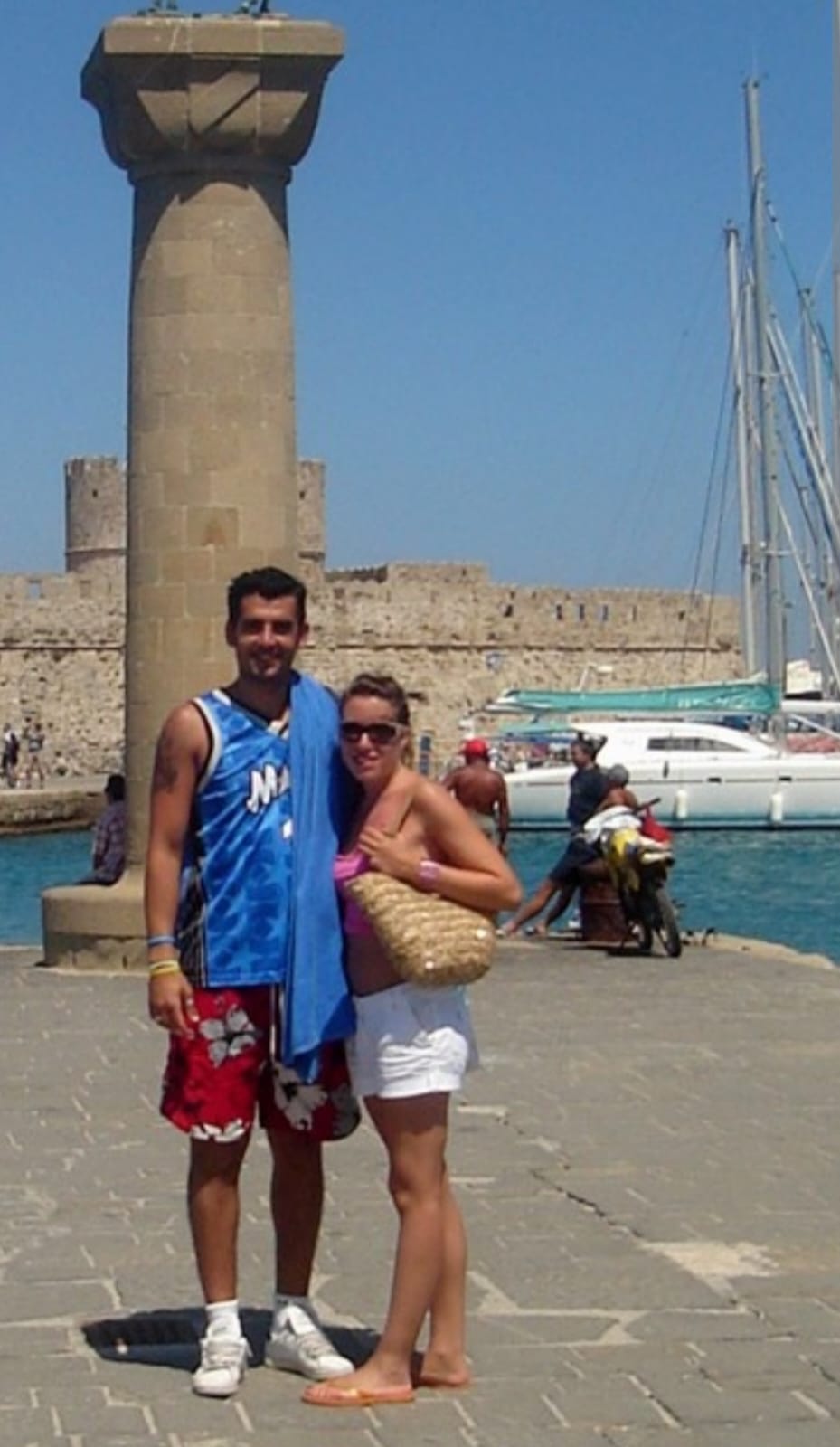Most of us feel a need to understand our Jewish roots, and to connect to our ancestors on a spiritual and emotional level. Family history and cultural history is also deeply fascinating. A great way to explore your heritage is through organized Jewish tours that take you to the old neighborhoods in Europe, and other places around the world, where your ancestors once lived.
Gil Travel tours combine luxury travel with personalized Jewish travel experiences and a carefully tailored itinerary!
Explore Cultural Heritage with a Jewish Travel Agency
There are two broad categories of Jewish heritage tours, those that are custom-designed to explore your own family history, and tours that give you an insight into general Jewish history and culture in a specific country or city. Gil Travel is a specialist Jewish travel agency that focuses on providing cultural experiences and has decades of experience in arranging all kinds of heritage tours.
One of the big advantages of working with a professional travel agency (apart from enjoying convenient luxury travel) is that you can tap into their extensive local knowledge. Independent tourists and travelers often tend to miss out on some of the lesser-known Jewish heritage sites. Unless you’re prepared to do extensive research before your trip, and figure out local transport options, you’ll probably overlook some culturally significant sites.
Gil Travel can also arrange meetings with local experts and Jewish community members, and specializes in negotiating private visits and behind the scenes tours of Jewish heritage sites and collections of art and historical artifacts. If you’re keen to research your family history, you’ll probably already realize the limitations of online research. Gil Travel has its own network of professional researchers and historians who can scour historical archives, translate documents and compile family history reports.
Exploring the old Jewish quarters of a European city like Berlin or Krakow with a dossier of historical family addresses, gravestone locations and lists of family workplaces and synagogues takes the personalized Jewish travel experience to an entirely new level. It can be a profoundly fulfilling experience to sit quietly on a bench, or stroll the streets, and soak up the atmosphere of a neighborhood where your great grandparents, or earlier ancestors lived and worked.
Touring with a professional guide, who knows every nook and cranny of a Jewish quarter, can make the past come to life. Little historical anecdotes about individual buildings, street names, local characters and past events can give much deeper insights into life as our ancestors experienced it. An expert tour guide will also take you to the best kosher restaurants and delis enroute, and can offer advice about buying local arts and crafts, or even Jewish antiques as souvenirs.
Top Destinations for Jewish Heritage Tours
Most US Jews are descended from immigrants who left Russia and Eastern Europe, so it’s not a big surprise that the top destinations for personalized Jewish travel experiences and heritage tours are European cities like Prague, Krakow and Berlin. What most people who are interested in exploring their family heritage with Jewish tours don’t realize is the amazing range of options for luxury travel in Europe. These include luxury river cruises that take in some of Europe’s most beautiful scenery and breathtaking cityscapes.
Jewish Heritage Tours can be organized in any (currently safe) location that has either a Jewish historical background or a modern Jewish community. This includes countries like Japan, China, India, Saudi Arabia, the United Arab Emirates and other locations as far apart as the Mediterranean, North Africa and South America. Over the last three thousand years, Jews established communities in some of the world’s most exotic and unlikely locations and many of these now offer wonderful adventures for modern travelers.
Prague – The Jewel of Central Europe
There have been Jews in Prague for over a thousand years. The community once prospered and had its own Jewish Quarter known as the Josefov. The ravages of Nazi occupation and the Holocaust devastated Prague’s Jewish community, but couldn’t entirely extinguish a millennium of Czech Jewish history and culture; nor could the Communist regime that replaced the Nazis. Today, there are 1,600 Jews living in Prague and the city is a superb destination for luxury Jewish travel.
Tragically, most of the old Josefov was torn down a century ago. It was the grandiose vanity of town planners rather than anti-Semitism that caused the replacement of so many medieval buildings, but there are still some important heritage sites left. A tailored trip to Prague should include a walking tour of the 5 synagogues, the Jewish town hall, and the old Jewish cemetery. As well as a quick detour to the birthplace of Franz Kafka.
Krakow – Poland’s Most Beautiful City?
Jews lived in the Polish city of Krakow since at least the 1200s. By 1939, the Jewish community, based around the Kazimierz neighborhood, was approximately 80,000 strong. Krakow was well known as a center of commerce, culture and learning. By the end of the War, there were perhaps 6,000 Jews left alive in Krakow. Today, the city’s Jewish community is tiny, but its history is carefully preserved. The wider Historic Centre of Krakow is a UNESCO World Heritage Site.
There are several important Jewish destinations in Krakow, including 7 major synagogues (the most splendid of more than 120 temples) built in an astonishing range of architectural styles. The 16th century Remah Synagogue is one of four active houses of worship serving local Jews and visitors. The Kazimierz will be familiar to many visitors from the movie Schindler’s List. It is a wonderful – and poignant and emotive – place that is best experienced with a professional Gil Travel tour guide.
Berlin – A Tough but Worthwhile Destination
Berlin was once a beacon of light, progress and integration for modern European Jewry. The city was the home of the Society for Reform in Judaism and the Haskalah or Jewish enlightenment. By the end of the Weimar period, there was a thriving and vibrant Jewish community that numbered 130,000 people. By 1945, Berlin was in ruins and just 8,000 Jews remained. In 2024, Berlin is the modern and prosperous capital of a reunified and democratic Germany, but the ghosts of the past are everywhere – particularly for Jewish visitors.
There is so much Jewish history, and so many Jewish monuments, in Berlin that a tailored tour is essential. It’s often a good idea to customize your itinerary to balance the more cheerful historical sites with the Holocaust related destinations. There are 7 beautiful Berlin synagogues (usually named after the streets where they are located) that are must-see temples. The Berlin Jewish Museum Berlin in Kreuzberg is a superbly designed institution that gives a real insight into the city’s Jewish heritage.
Berlin Holocaust Museums and Memorials
- Bebelplatz – Site of the 1933 book burnings
- Abandoned Room – Kristallnacht victim memorial
- Cora-Berliner-Strasse – Germany’s official Holocaust memorial
- Topography of Terror – Exhibitions documenting Nazi state terror
- Sachsenhausen – Concentration camp tour
- Track 17 in Wilmersdorf – Commemorates 50,000 Jews deported from Grunewald Station
Berlin was home to the Nazi government that murdered six million Jews and brought misery and ruin to an entire continent. It’s not always an easy destination for Jews, but it’s an important one. A Jewish travel agency that focuses on cultural and heritage tours is especially useful if you want to create an itinerary for families.
Your visit can be structured so that older kids and teens can be exposed to the reality of the Shoah, but the trip can be balanced to enjoy Berlin’s wonderful parks, forests and outdoor pools, as well as its amazing museums, galleries, restaurants and the other sites that make the city one of Europe’s cultural centers.
The Cultural Benefits of Partnering with a Jewish Travel Agency
In an ideal world we’d be free to jump on a flight to Europe (or to any Jewish heritage destination) whenever the fancy took us. For many US Jews, luxury travel to the other side of the world isn’t an annual event. It’s something that requires careful planning and it’s vital that you really get the most out of your tour. When you’re planning an itinerary with Gil Travel, you can tap into decades of experience, local knowledge and a huge network of professional connections.
European cities in particular are packed with cultural treasures, ranging from world famous UNESCO Heritage sites, to hidden gems that require a personal introduction to explore. Whatever you want to focus on during your tour, Gil Travel can offer some surprising suggestions and open doors that are closed to most independent travelers and tourists. Whether you’re interested in exploring natural beauty, religious and spiritual heritage, museums, and art galleries, concerts and opera, kosher gastronomy, or even a chance to dig into local archives and libraries, Gil Travel will know who to talk to. Talk to us today about creating the perfect luxury travel itinerary for your family or group of friends. We’re passionate about Jewish heritage and experts at making travel into a memorable adventure!











